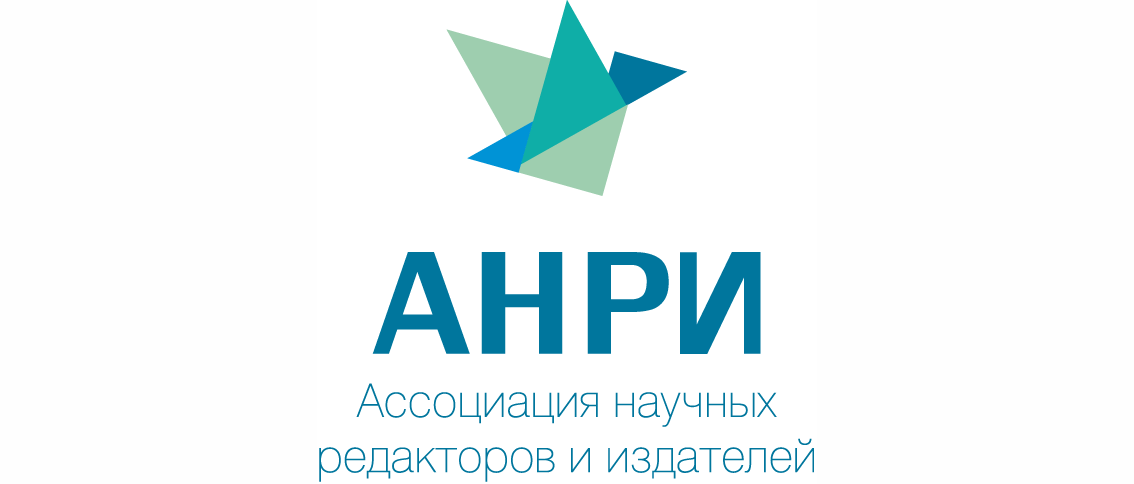
Nikiforov
Vladimir O.
D.Sc., Prof.
doi: 10.17586/2226-1494-2015-15-6-1169-1176
LOGICAL CONDITIONS ANALYSIS METHOD FOR DIAGNOSTIC TEST RESULTS DECODING APPLIED TO COMPETENCE ELEMENTS PROFICIENCY
Read the full article
For citation: Freyman V. I. Logical conditions analysis method for diagnostic test results decoding applied to competence elements proficiency. Scientific and Technical Journal of Information Technologies, Mechanics and Optics, 2015, vol. 15, no. 6, pp. 1169–1176.
Abstract
Subject of Research.Representation features of education results for competence-based educational programs are analyzed. Solution importance of decoding and proficiency estimation for elements and components of discipline parts of competences is shown. The purpose and objectives of research are formulated. Methods. The paper deals with methods of mathematical logic, Boolean algebra, and parametrical analysis of complex diagnostic test results, that controls proficiency of some discipline competence elements. Results. The method of logical conditions analysis is created. It will give the possibility to formulate logical conditions for proficiency determination of each discipline competence element, controlled by complex diagnostic test. Normalized test result is divided into noncrossing zones; a logical condition about controlled elements proficiency is formulated for each of them. Summarized characteristics for test result zones are imposed. An example of logical conditions forming for diagnostic test with preset features is provided. Practical Relevance. The proposed method of logical conditions analysis is applied in the decoding algorithm of proficiency test diagnosis for discipline competence elements. It will give the possibility to automate the search procedure for elements with insufficient proficiency, and is also usable for estimation of education results of a discipline or a component of competence-based educational program.
References
1. Osnovnye Tendentsii Razvitiya Vysshego Obrazovaniya: Global'nye i Bolonskie Izmereniya [Major Trends in Higher Education: Global and Bolognese Measurements] / Ed. V.I. Baidenko. Moscow, Research Center for Problems of Quality in Specialists Publ., 2010, 352 p.
2. Vasilev V.N., Lisitsyna L.S. Planning and estimation of expected competences learning outcomes for FSES HPE. Scientific and Technical Journal of Information Technologies, Mechanics and Optics, 2013, no. 2 (84), pp. 142–148. (in Russian)
3. Vasilev V.N., Lisitsyna L.S., Shehonin A.A. Conceptual model for the extraction of learning outcomes from the excessive education content. Scientific and Technical Journal of Information Technologies, Mechanics and Optics, 2010, no. 4 (68), pp. 104–108. (in Russian)
4. Kon E.L., Freyman V.I., Yuzhakov A.A. Аnalysis and quantitative assessment for results of educational programs application by means of diagnostic tests. Scientific and Technical Journal of Information Technologies, Mechanics and Optics, 2015, vol.15, no. 4, pp. 756–763.
doi: 10.17586/2226-1494-2015-15-4-756-763
5. Engineering Education Quality Assurance: A Global Perspective / Eds. A. Patil, P. Gray. London, Springer-Verlag, 2009, 316 p. doi: 10.1007/978-1-4419-0555-0
6. Krathwohl D., Bloom B., Masia B. Taxonomy of Educational Objectives: the Classification of Educational Goals. NY, Longman, 1984, 196 p.
7. A Taxonomy for Learning, Teaching and Assessing: a Revision of Bloom's Taxonomy of Educational Objectives / Eds. L.W. Anderson, D.R. Krathwohl. NY, Longman, 2000, 336 p.
8. Heywood J. Assessment in Higher Education: Student Learning, Peaching, Programmes and Institutions. London, Jessica Kingsley Publishers, 2000, 452 p.
9. Yorke M. Formative assessment in higher education: moves towards theory and the enhancement of pedagogic practice. Higher Education, 2003, vol. 45, no. 4, pp. 477–501. doi: 10.1023/A:1023967026413
10. Gulikers J., Biemans H., Mulder M. Developer, teacher, student and employer evaluations of competence-based assessment quality. Studies in Educational Evaluation, 2009, vol. 35, no. 2–3, pp. 110–119. doi: 10.1016/j.stueduc.2009.05.002
11. Reimann P., Kickmeier-Rust M., Albert D. Problem solving learning environments and assessment: a knowledge space theory approach. Computers and Education, 2013, vol. 64, pp. 183–193. doi: 10.1016/j.compedu.2012.11.024
12. Wakimoto D., Lewis R. Graduate student perceptions of eportfolios: uses for reflection, development, and assessment. Internet and Higher Education, 2014, vol. 21, pp. 53–58. doi: 10.1016/j.iheduc.2014.01.002
13. Rodrigues F., Oliveira P. A system for formative assessment and monitoring of students' progress. Computers and Education, 2014, vol. 76, pp. 30–41. doi: 10.1016/j.compedu.2014.03.001
14. Croker L., Algina J. Introduction to Classical and Modern Test Theory. Cengage Learning, 2006, 527 p.
15. Chelyshkova M.B., Zvonnikov V.I., Davydova O.V. Otsenivanie Kompetentsii v Obrazovanii: Uchebnoe Posobie [Assessing Competence in Education: Textbook]. Moscow, GUU Publ., 2011, 229 p.
16. Efremova N.F. Podkhody k Otsenivaniyu Kompetentsii v Vysshem Obrazovanii: Uchebnoe Posobie [Approaches to Competences Evaluation in Higher Education: Textbook]. Moscow, Research Center for Problems of Quality in Specialists Publ., 2010, 216 p.
17. Kon E.L., Freyman V.A., Yuzhakov A.A. Development and research approaches to managing, monitoring and evaluating the quality of the implementation of the competence-oriented education programs. Nauka i Obrazovanie: Elektronnoe Nauchno-Tekhnicheskoe Izdanie, 2015, no. 3, pp. 356–372. (In Russian)
18. Freyman V.A. Application of the technical diagnostics methods and procedures to monitor and assess studying results, specified in the competency format. Izvestiya SPbGETU LETI, 2014, no. 6, pp. 79–85. (in Russian)
19. Kon E.L., Freyman V.A., Yuzhakov A.A. About possibility of use the technical diagnostics methods for control and an assessment the basic educational programs development results. Izvestiya SPbGETU LETI, 2014, no. 7, pp. 66–71. (in Russian)
20. Kon E.L., Freyman V.A., Yuzhakov A.A. Application of fuzzy logic for studying results control, specified in the competence format. Neirokomp'yutery: Razrabotka, Primenenie, 2014, no. 12, pp. 20–25. (in Russian)
21. Freyman V.A. Designing of decoding method of competence elements development level diagnostic results with using fuzzy logic. Neirokomp'yutery: Razrabotka, Primenenie, 2014, no. 12, pp. 26–30. (in Russian)
22. Freyman V.A. An algorithm of conditional search of competence elements with insufficient level of development. Informatsionno-Upravlyayushchie Sistemy, 2014, no. 2 (69), pp. 93–102. (in Russian)
23. Adomian G. On integral, differential, and integro-differential equations, perturbation and averaging methods. Kybernetes, 1995, vol. 24, no. 7, pp. 52–60.
24. Kon E.L., Freyman V.A., Yuzhakov A.A. The quantitative estimates of studying results, submitted in the competence format. Vestnik UGATU, 2015, vol. 19, no. 1 (67), pp. 206–212. (in Russian)
























